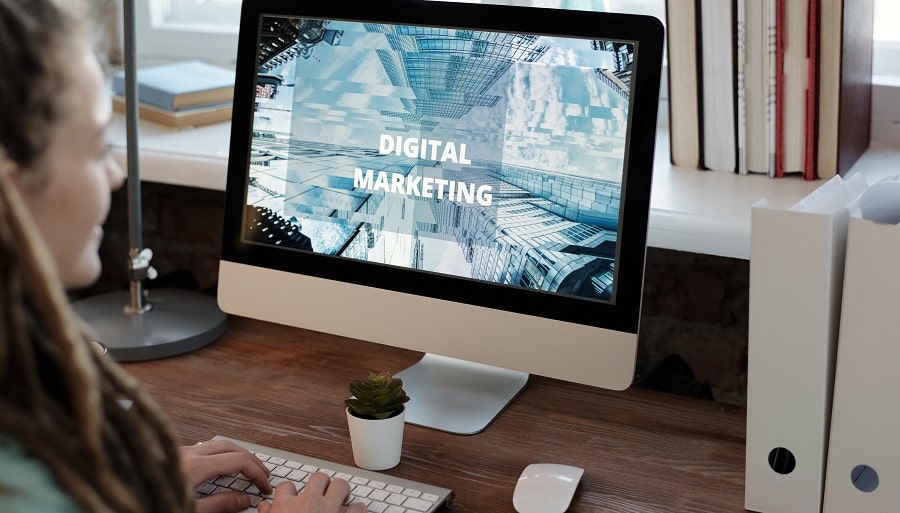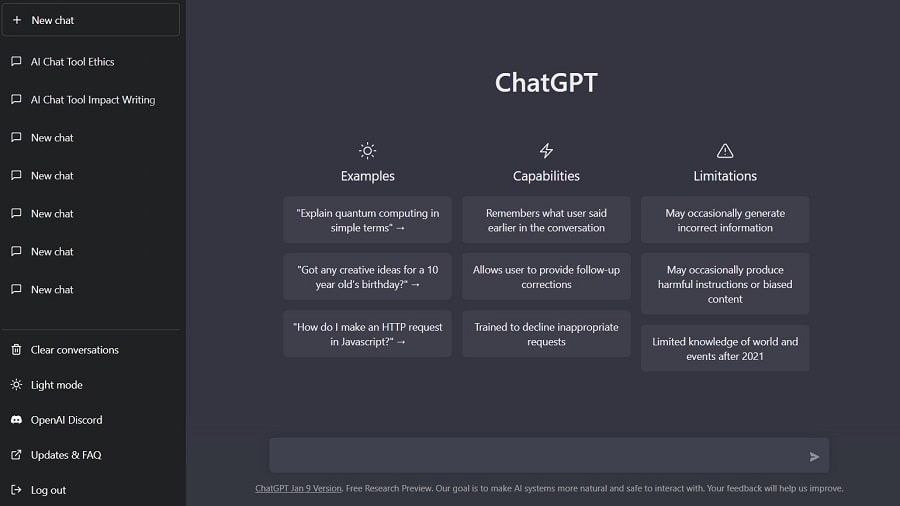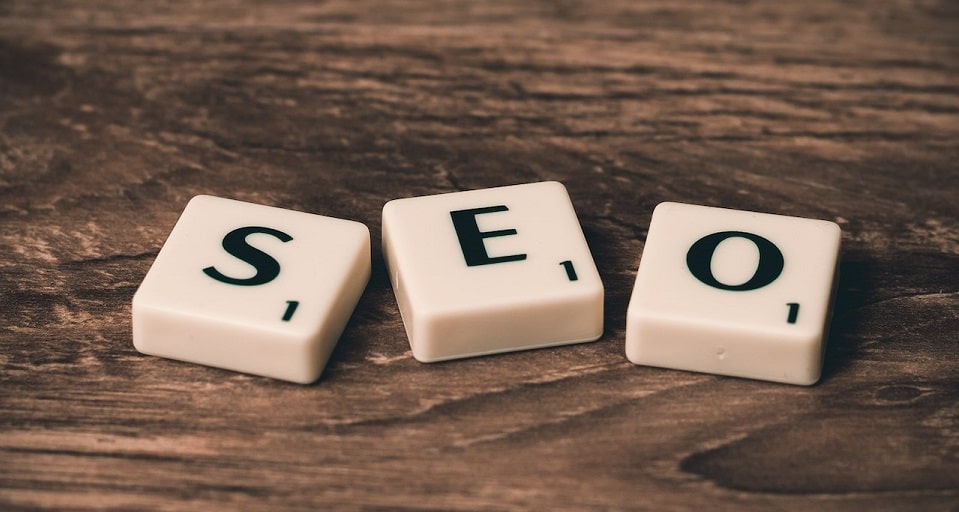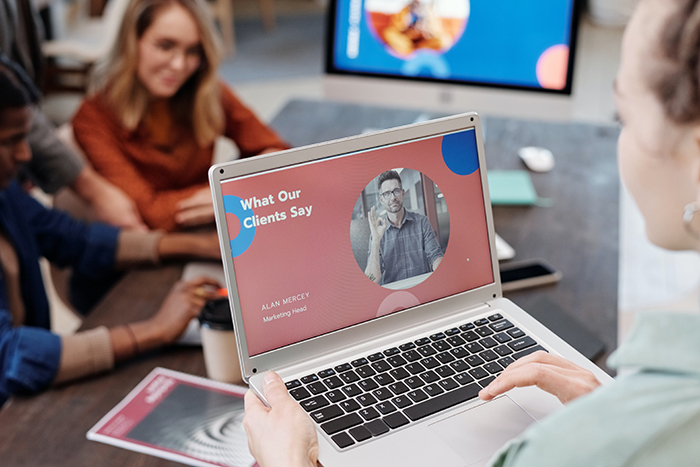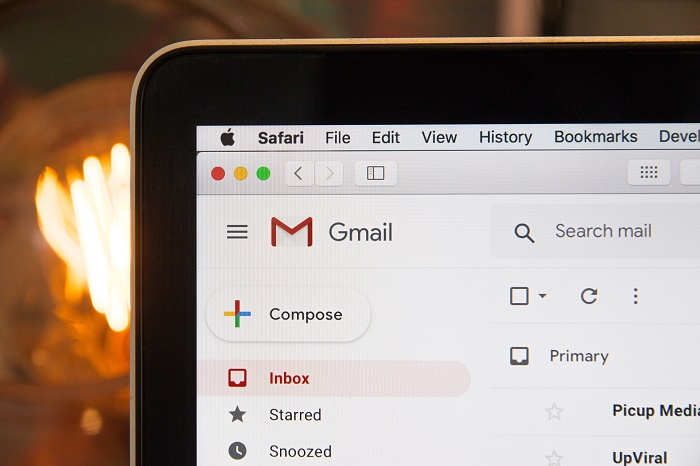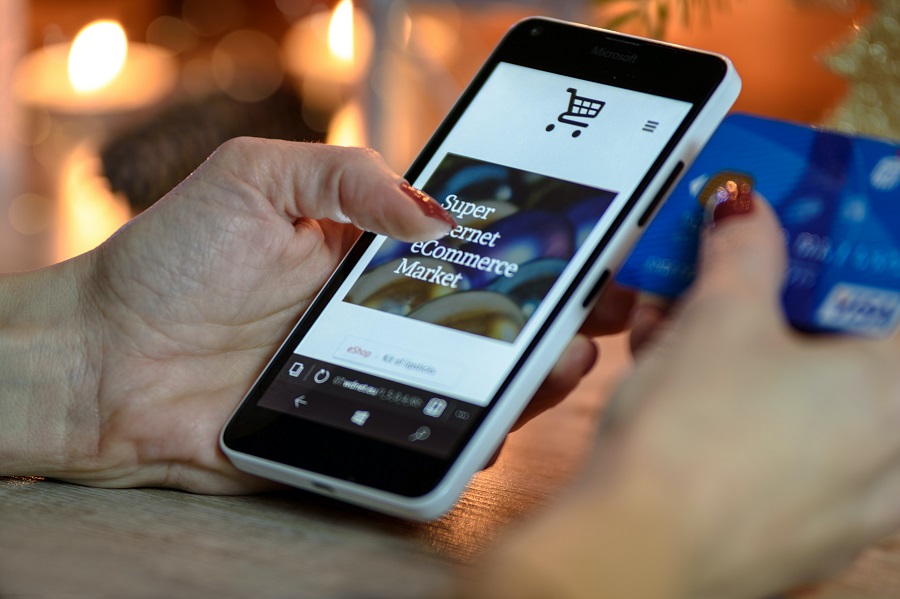Using Social Media Marketing to Grow Your Small Business
Are you struggling to grow your small business? Are you looking for cost-effective ways to reach a wider audience and increase your sales? Social media marketing has become a key element of success for small businesses these days. Here, we will look into the various benefits it offers and how you can use it to expand your business. It’s a great opportunity to take advantage of and should not be ignored.
As a small business owner, you face many challenges when it comes to marketing your products or services. You have limited resources and budget, and it can be difficult to stand out in a crowded marketplace. Traditional marketing methods, such as print ads and TV commercials, are expensive and often not effective in reaching your target audience.
You may have tried various marketing strategies without seeing the desired results. You may feel frustrated and uncertain about how to move forward. There is hope though! Social media marketing is an inexpensive yet effective way of promoting your small business.
Social media marketing gives small business owners the power to reach far more people and engage with them in a meaningful way. Here are some of the benefits of social media marketing for small business owners:
- Increased Brand Awareness:
Social media platforms such as Facebook, Twitter, and Instagram have billions of active users, making it easy to reach your target audience. By creating and sharing valuable content, you can increase your brand awareness and build a loyal following. - Cost-Effective Marketing:
Social media marketing is more affordable than traditional marketing methods. You can create and share content for free or use paid advertising to reach a wider audience. Compared to traditional advertising, social media advertising is often more cost-effective and can deliver better results. - Improved Customer Engagement:
Social media allows you to engage with your customers in a more personal way. You can respond to their questions and comments, gather feedback, and build stronger relationships with them. By engaging with your customers, you can build trust and loyalty, which can lead to increased sales and revenue. - Targeted Advertising:
Social media platforms allow you to target your advertising to specific demographics, interests, and behaviors. This means that you can reach the right people with the right message, improving the effectiveness of your marketing campaigns. - Improved Search Engine Rankings:
Social media can also improve your search engine rankings. By sharing valuable content on social media and driving traffic to your website, you can improve your website’s search engine optimization (SEO) and increase your visibility in search engine results. - Competitive Advantage:
Social media marketing can also give you a competitive advantage. If your competitors are not using social media, you can use it to differentiate yourself and stand out in the market. If your competitors are using social media, you can use it to keep up with them and stay ahead of the game.
As a small business, you need to make the most out of all the tools you have access to. Social media marketing is an affordable yet powerful approach that will help you reach more people, interact with your customers, and enhance your sales. By leveraging the benefits of social media marketing, you can take your small business to the next level.
So what are you waiting for? Start using social media marketing to grow your small business today! If you need help with social media marketing, we are here to help. Contact us today to learn how we can help you grow your small business through social media marketing.



